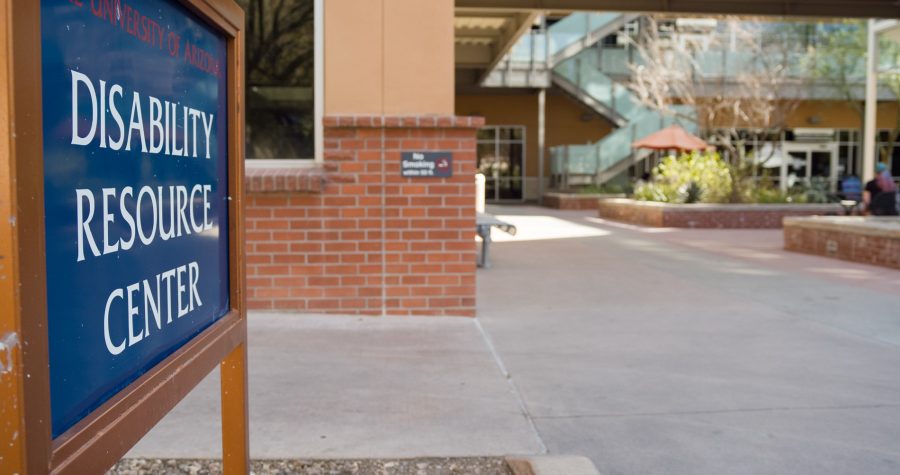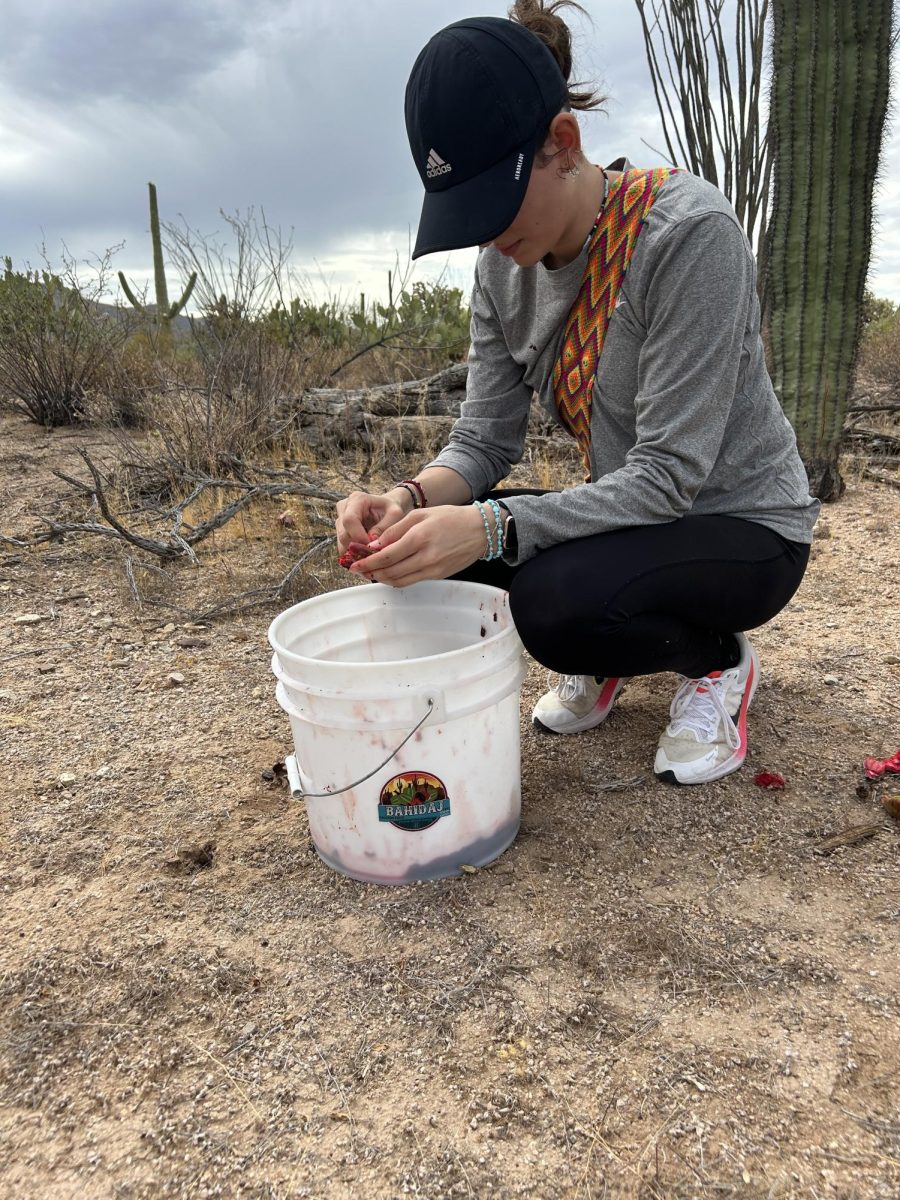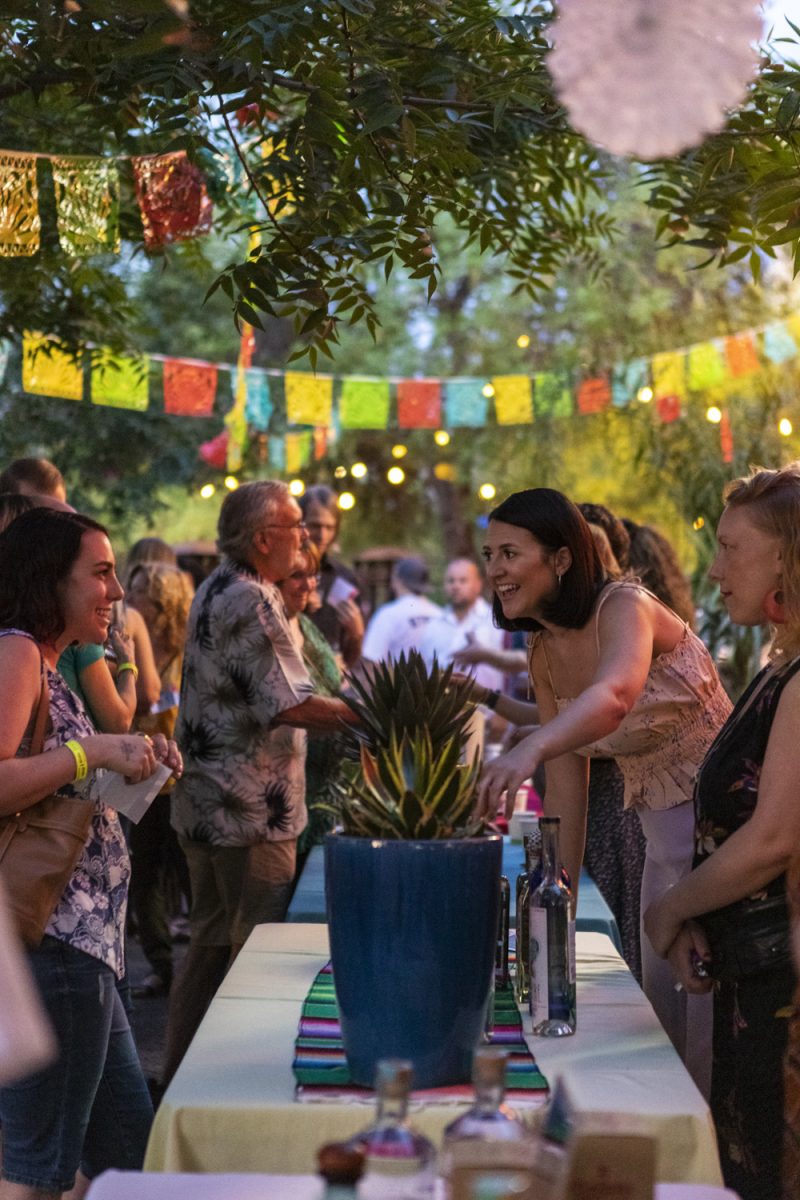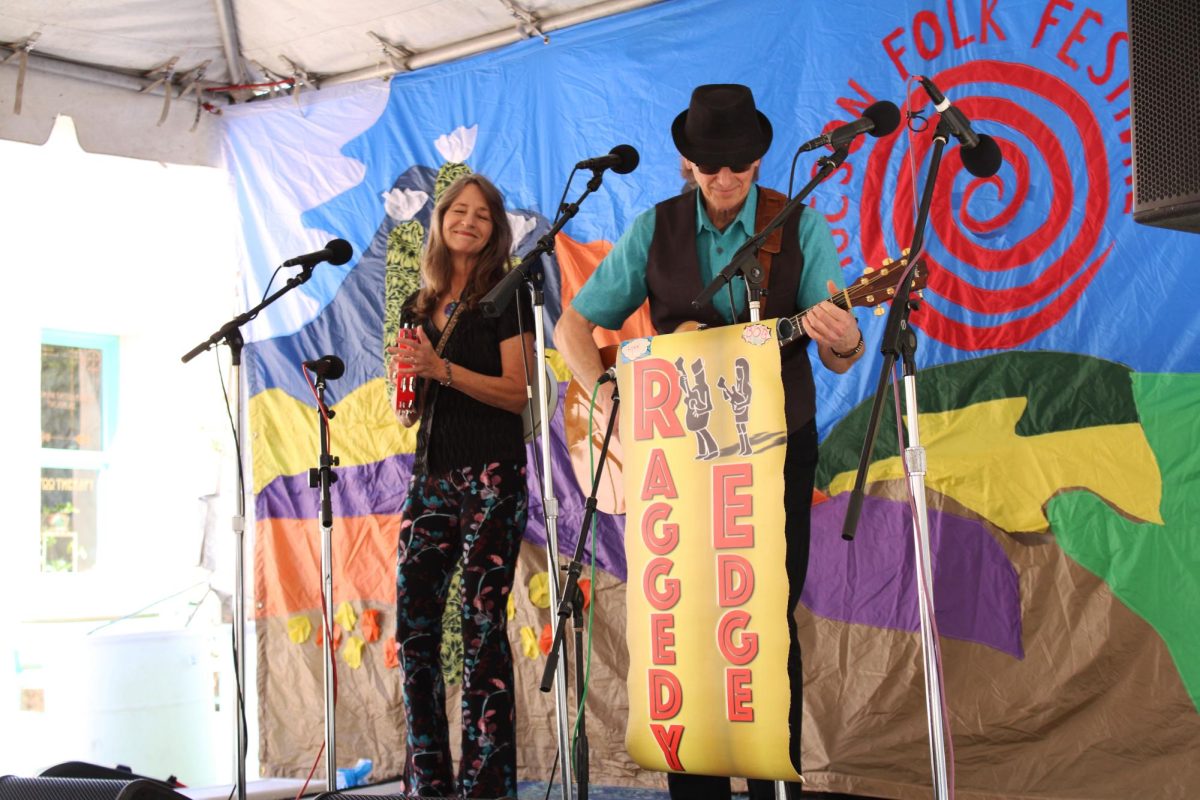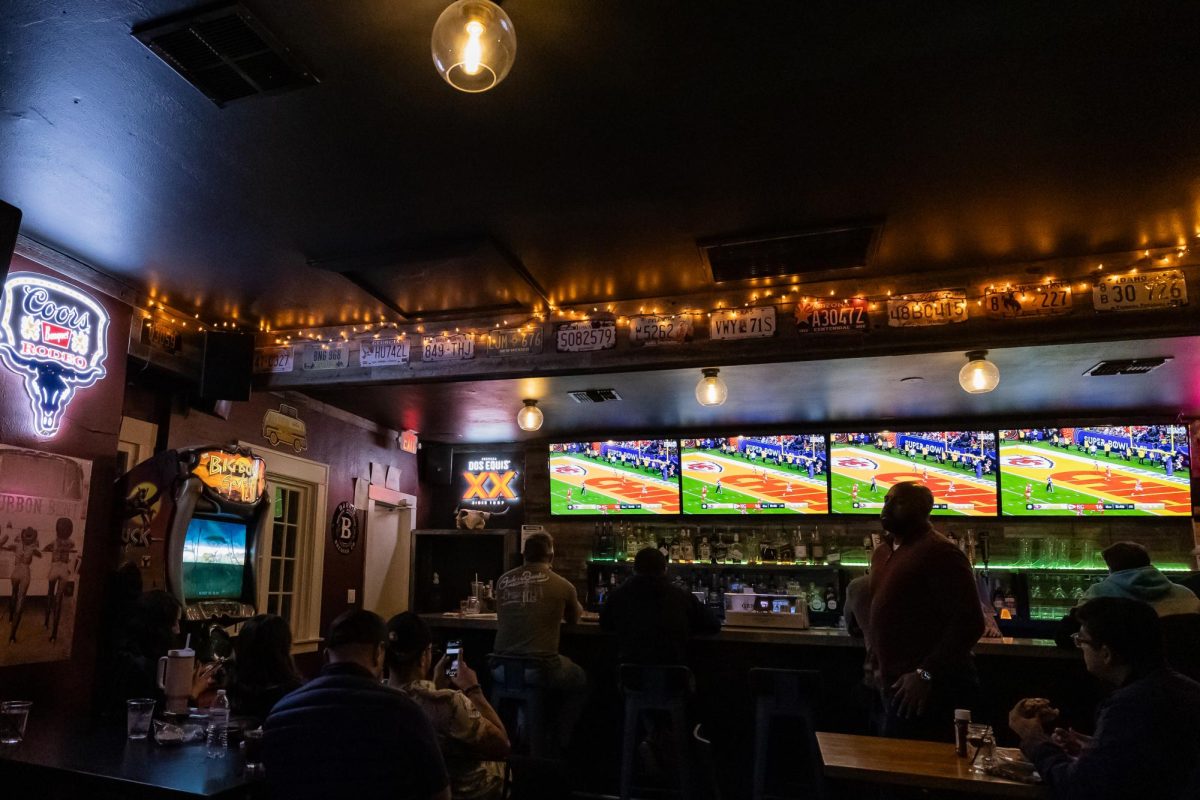The University of Arizona Disability Cultural Center is one of the very few in the nation. A cultural center, as defined by the UA DCC, is a physical space that brings together students, faculty and staff to embrace their disability identity, culture and offer them a sense of community.
According to the CDC, one in four adults in the United States have some type of disability, a point that emphasizes the importance of resource centers. The UA DCC was founded in the fall of 2018 by several students who saw a lack of community on campus. Although the UA’s Disability Resource Center was around at the time, the students still felt there was room for a more specifically inclusive center within this. At the time, there was space available in the DRC for a cultural center so the students applied for funding and were able to pass the proposal.
Naty Rico, senior coordinator at the DCC, identifies as being physically disabled as well as being neurodivergent with ADHD, anxiety and depression. After reading an article about Georgetown University opening a disability cultural center, Rico was surprised that she did not know about the existence of these cultural centers earlier.
Rico’s undergraduate time spent at the University of California Irvine and witnessing their lack of accessibility is what kickstarted her advocacy in disability justice. As a first generation college student, she wasn’t aware of the resources available to her as a disabled person and could not afford to get mobility devices that would help her navigate around campus effectively. At the time, Rico used a forearm crutch to walk and she would get tired easily, having to carry her bookbag and laptop to and from class.
Even though UC Irvine had cart services, Rico was not able to utilize them because hours were limited and their service ended far before her classes. Rico shared that at certain points, she considered dropping out because of how inaccessible and challenging getting to class had become.
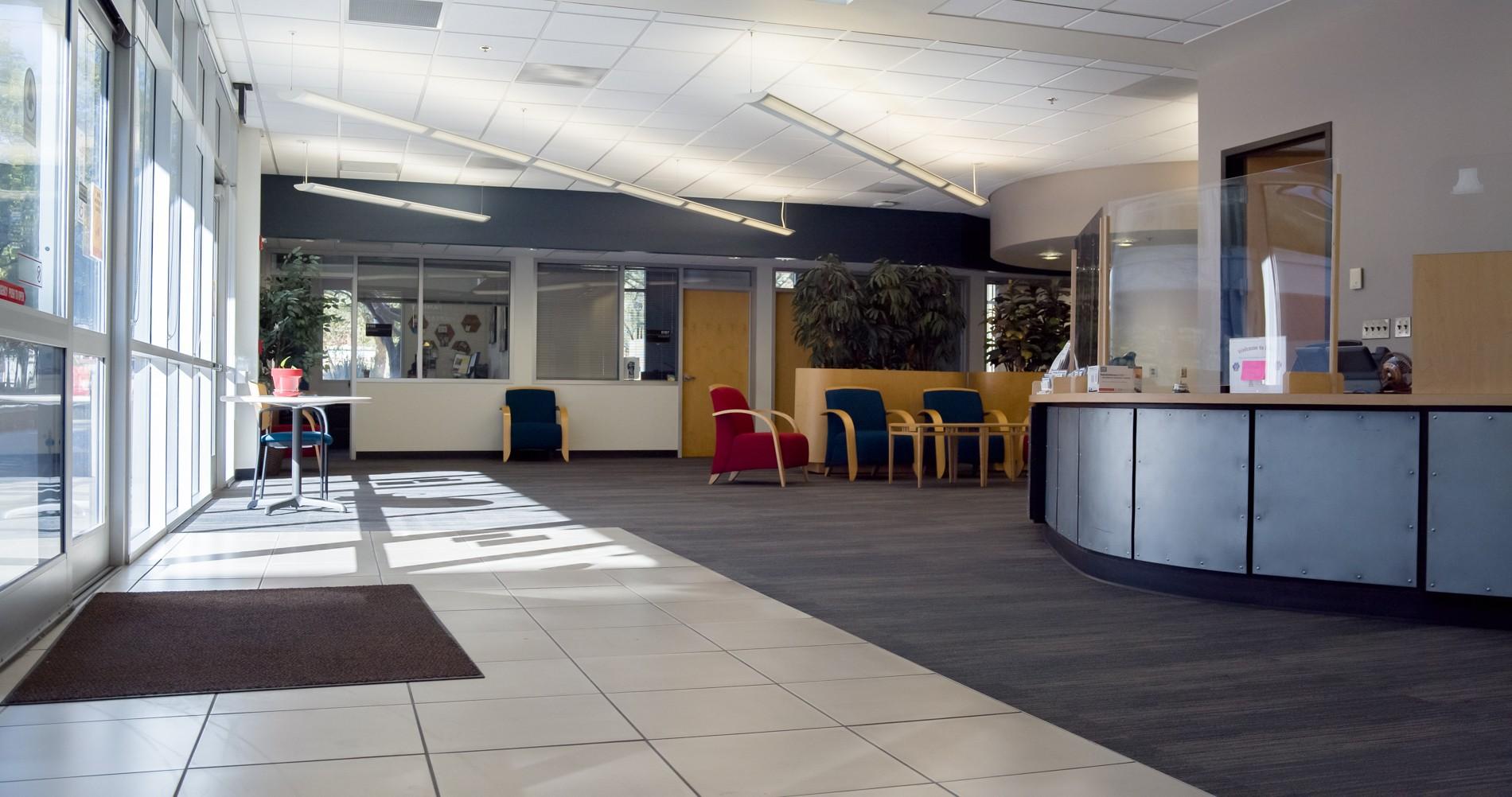
Rico said she often see’s and feel’s the word disability is viewed as a negative, yet through her research and conversations with fellow disabled activists she has learned the value of not shying away from the word.
“I think just saying the word disability itself can be a sense of pride and empowerment because it is a word that creates discomfort, ” Rico said. “So I think the more we use it the more we don’t shy away from it, the more impact it has within the community.”
For Rico, disability can be a form of identity and there is a cultural component that needs to be brought to the table.
“There are a lot of students that don’t identify with disability and try not to associate with the identity or even with the resource center, which is fine,” said Rico. “But we want to offer students a different perspective on disability, it can be a form of empowerment, it can be an identity that you can find community within, the disability community can have its own language.”
Rico said that she hopes to provide institutional support for the DCC and make a commitment with the administration to fund the center, hoping to ensure the center stays a permanent space on campus.
Another resource available for disabled students is the CAPS embedded counselor, a contact point between students, the DCC and CAPS.
Jennifer Jepsen, the CAPS counselor liaison to the DCC, said that their collaboration helps increase accessibility to connect students with mental health services on campus.
Jepsen shared that students with ADHD often find online learning to be challenging. She recommends that students check out the CAPS website because the center tries their best to connect students with resources.
Ana Fiero, an access consultant at the Disability Resource Center, shared that there are a lot of resources available for students on campus, especially during these times of COVID-19 where a students might be struggling to connect with others.
Her role entails meeting with students individually to address their accommodation requests, access consultants are assigned to their own colleges. In Fiero’s case she works with students from the College of Agriculture and Life Science, College of Medicine and College of Public Health.
To connect with the Disability Resource Center, students will begin the process by filling out an affiliation form. Accommodations vary based on the student and the resource center’s focus is on paying attention to student experiences. In the case of a student with ADHD, for example, a common accommodation would be extended test time. As the access consultant continues asking more questions on the students’ current accommodation they might discover that a different accommodation could be appropriate.
Rico shared that another resource that she likes to recommend students is the Think Tank, which has academic skills workshops. If students with ADHD are struggling with test anxiety or time management those are skills they can work on at Think Tank.
“There’s also the graduate students and the senior programming coordinator who can provide additional support to students,” Fiero said. “Who are going through experiences that are impacting them not just in their learning but in their personal lives so that they can receive that emotional support as well,”.
Fiero said that it’s important to reach out to resources available on campus but to also have a sense of community which is why she encourages students to connect with DCC.
DCC holds a biweekly Disability Discussion and an Ableism 101 series which is open to everyone. If people are interested in learning about disability or don’t know where to get started, the Ableism 101 series is a great way to start. The next upcoming meeting will be March 21 and more information can be found on their Facebook.
DCC is located on the second floor of the DRC on 1224 E. Lowell St, they are open Monday through Friday from 8 a.m to 5 p.m.
Follow Vanessa Lucero on Twitter



